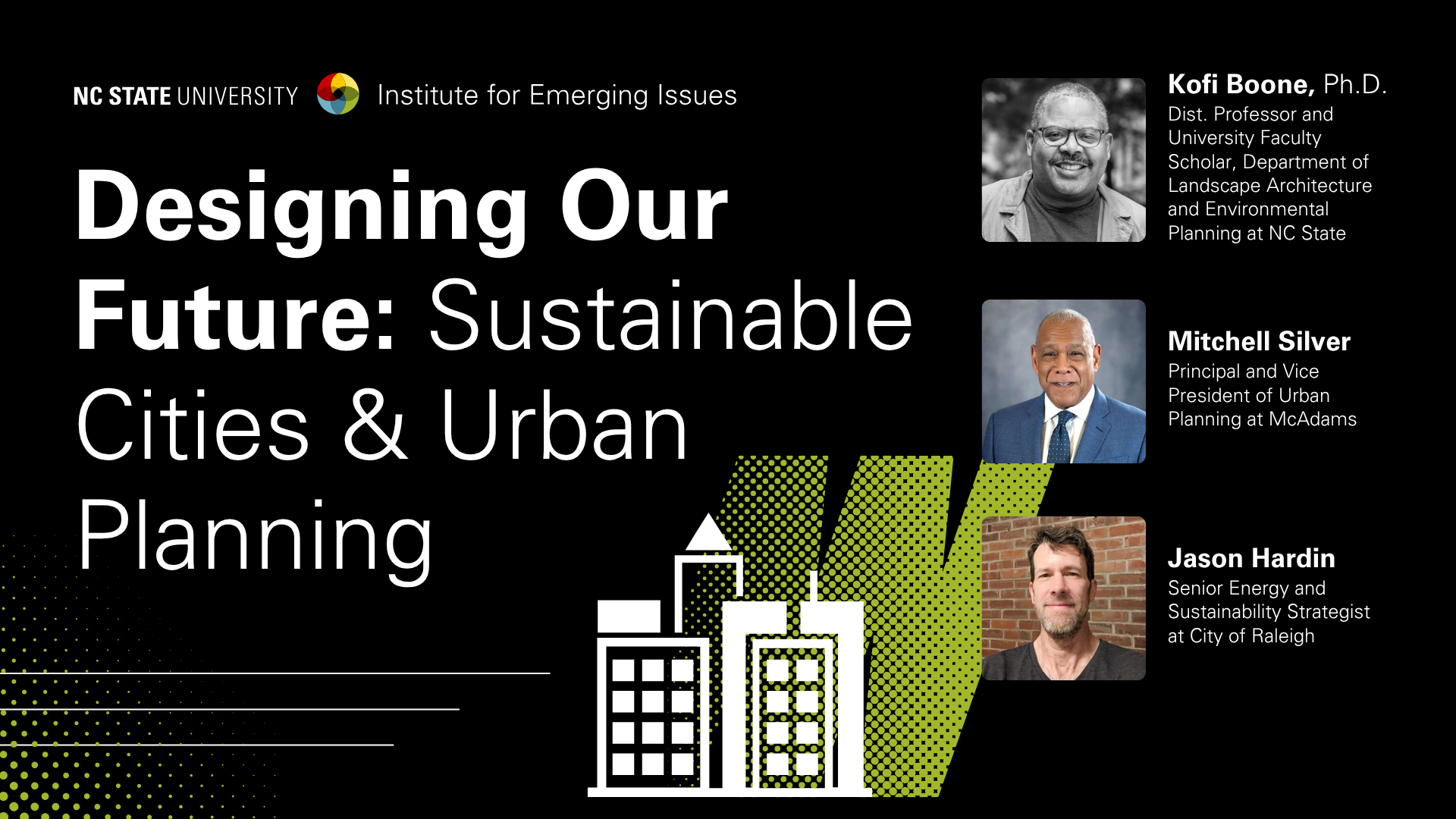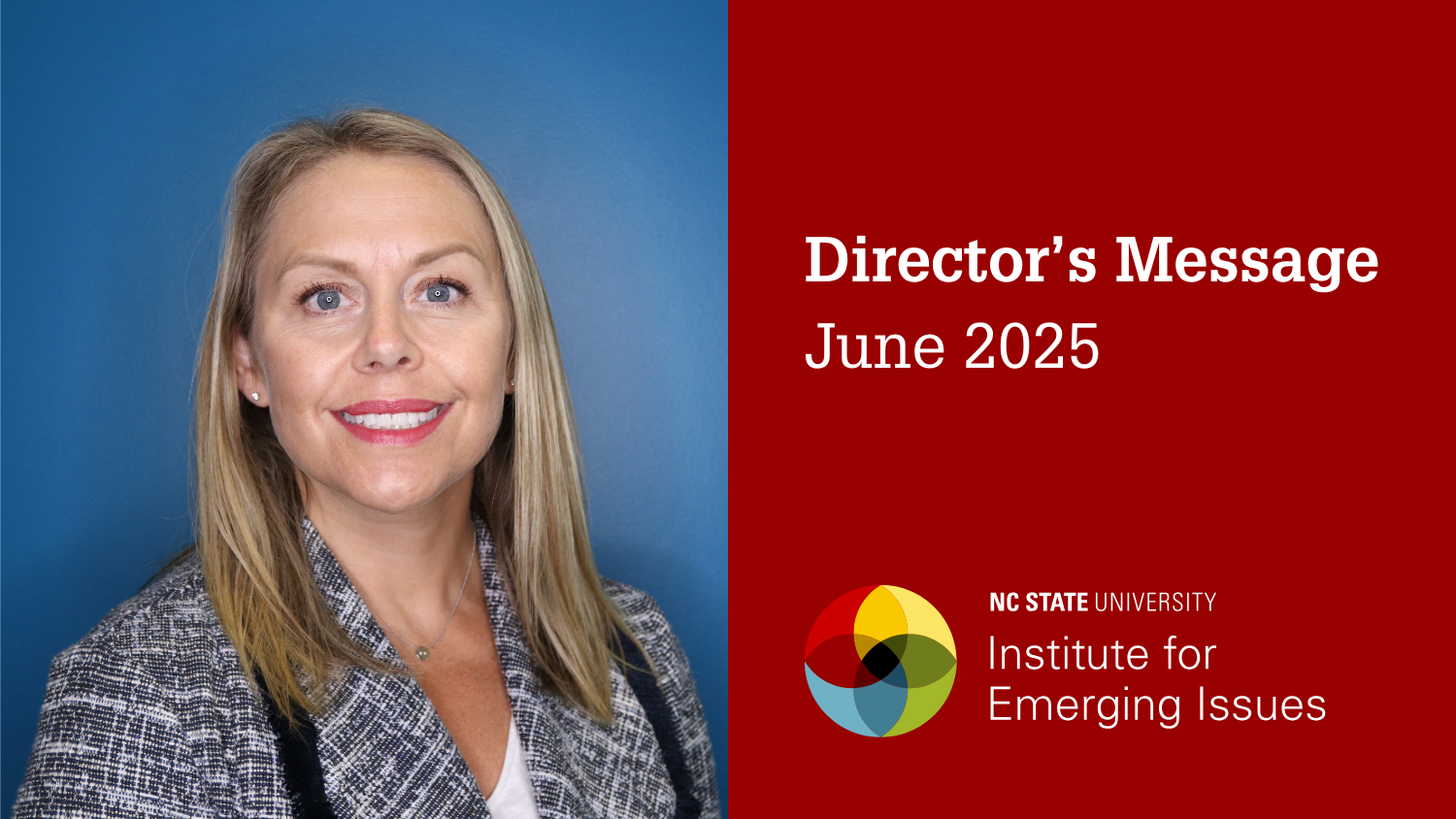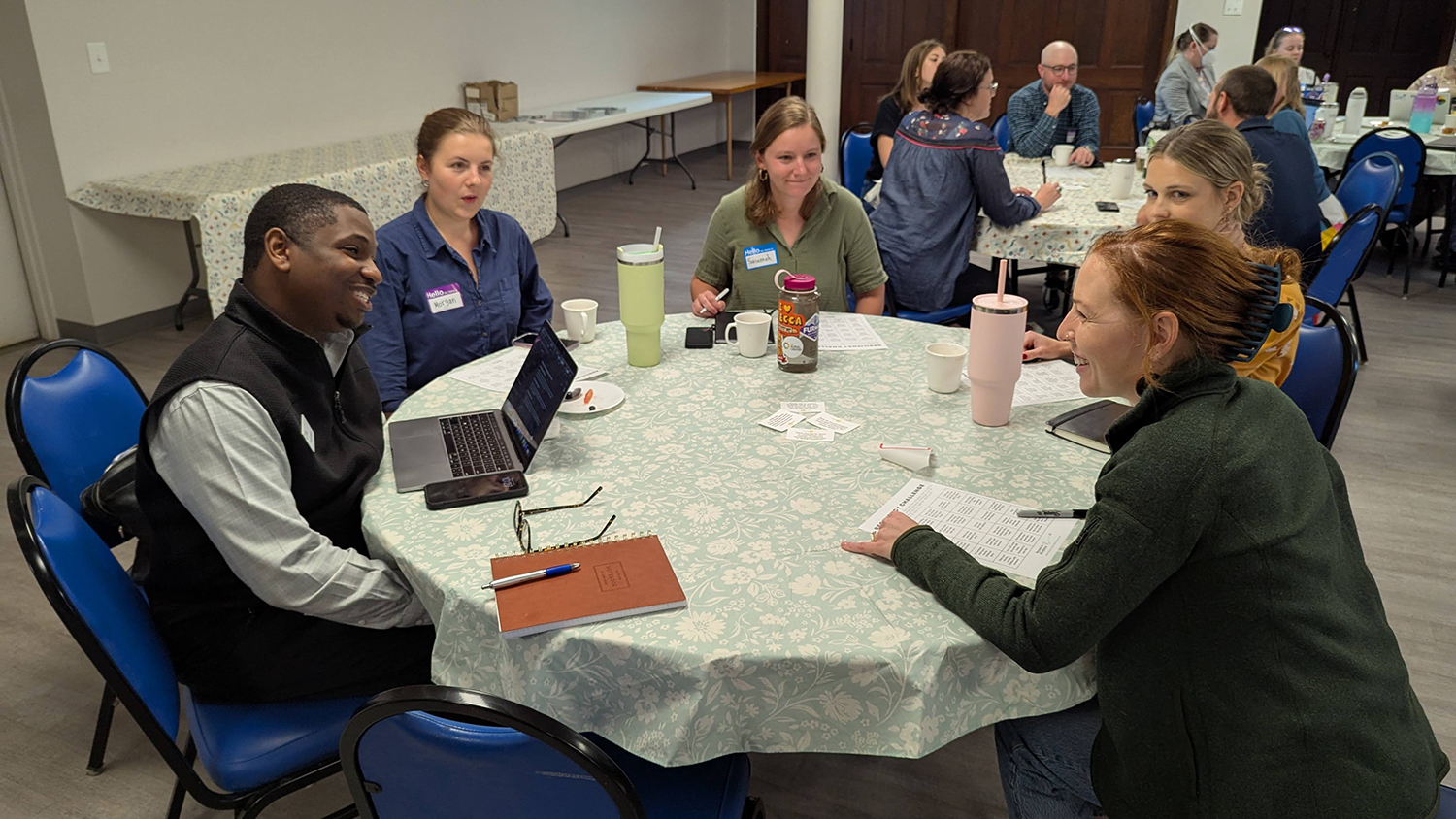Supporting Rural University Students During the COVID-19 Crisis
Contributed by Samantha Graham, Office of Outreach & Engagement, NC State University.
When it was announced students would complete the remainder of the Spring 2020 semester online due to the COVID-19 crisis, a group of North Carolina State University staff members and individuals from state organizations came together with the goal of making sure rural students could successfully complete their coursework. NC State’s land grant mission supports communities and students from across all 100 counties in the state, 80 of which have been designated rural by the North Carolina Rural Center. In fall 2019, 31 percent of the NC State’s incoming North Carolina students were from these rural counties and according to the NC Broadband Infrastructure Office, “89 percent of NC households without access live in sparsely populated areas.” The lack of broadband could be a major hindrance to successfully completing the spring semester.
To get a clearer picture of students’ needs, all undergraduates received a survey asking about access to a laptop/computer, microphone/camera and sufficient internet connectivity. Utilizing advising technology, faculty members received an email if a student in their course reported they were experiencing these access issues. Students who indicated they did not have access to a computer were contacted by a NC State University staff member to help facilitate a loaner from University Libraries or connect them to the Student Emergency Fund. Students who indicated a lack of reliable internet connection were connected with the NC Broadband Infrastructure Office, with the capability of directing students to community WiFi locations or to connect to area broadband providers.
NC State is among many universities and land grants around the country who recognized how detrimental the lack of device and broadband connection could be to successfully completing the semester. Wayne State created a student survey guide for instructors to pinpoint technology needs and Washington State University partnered with Extension offices and local community anchor institutions to provide drive-in WiFi access.
- Categories:


